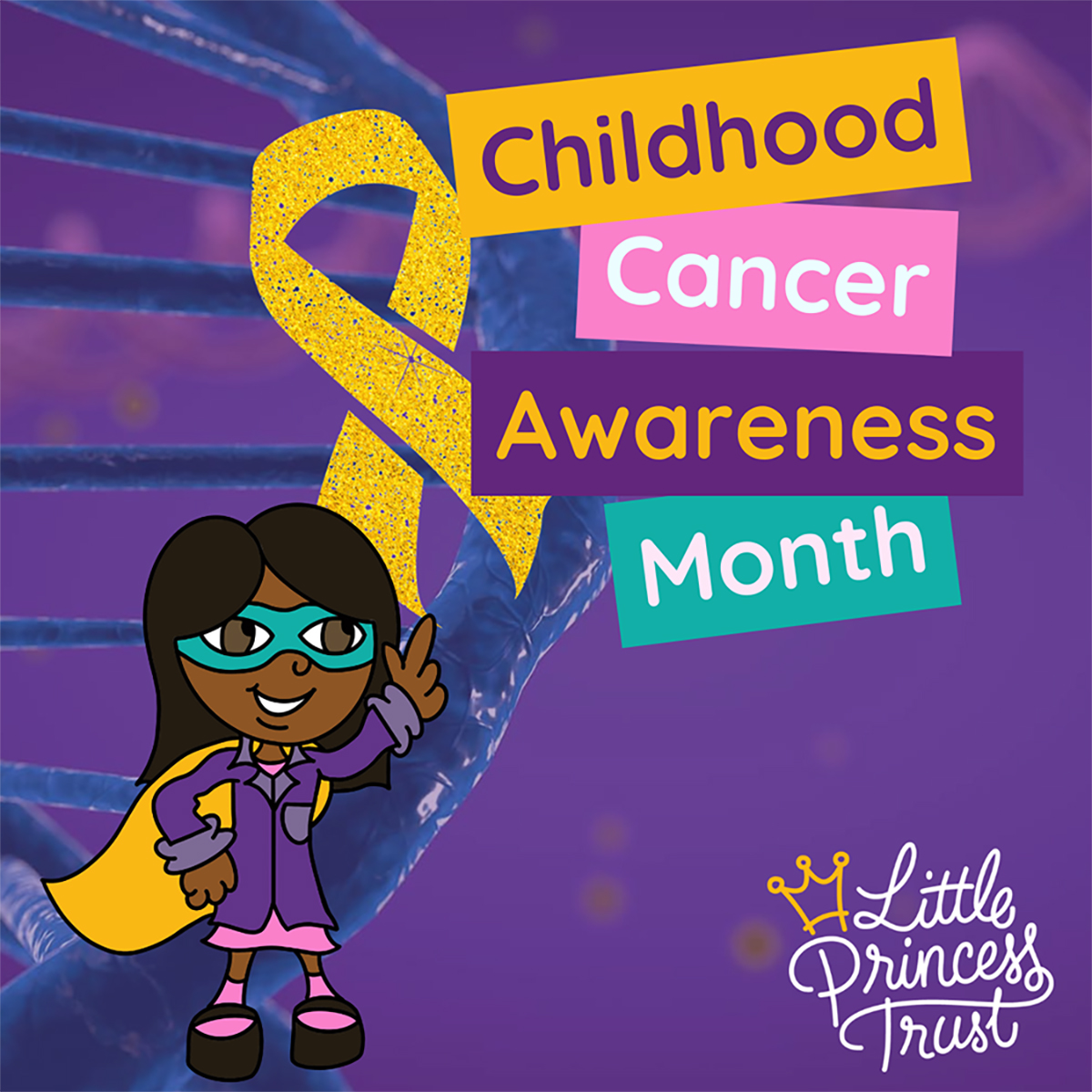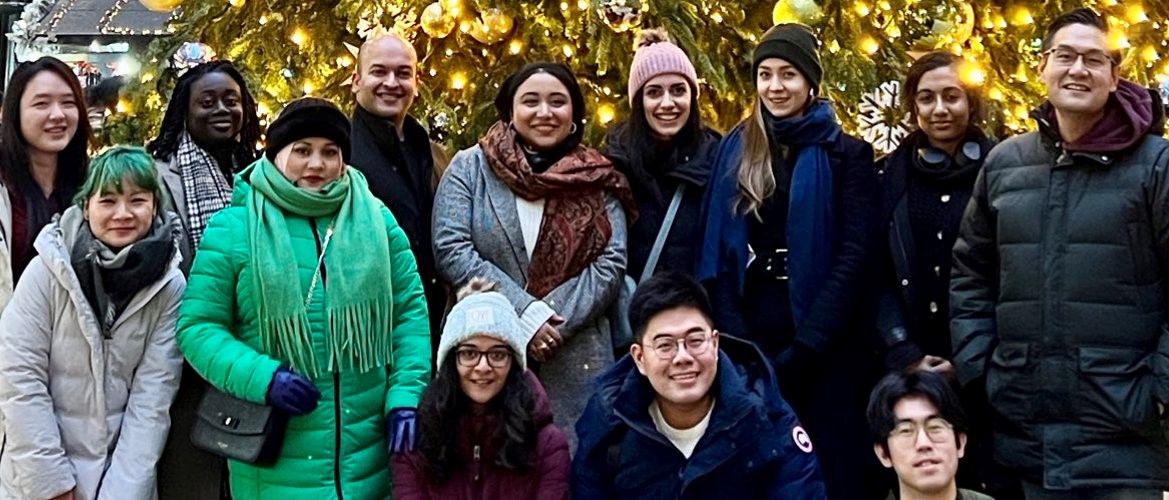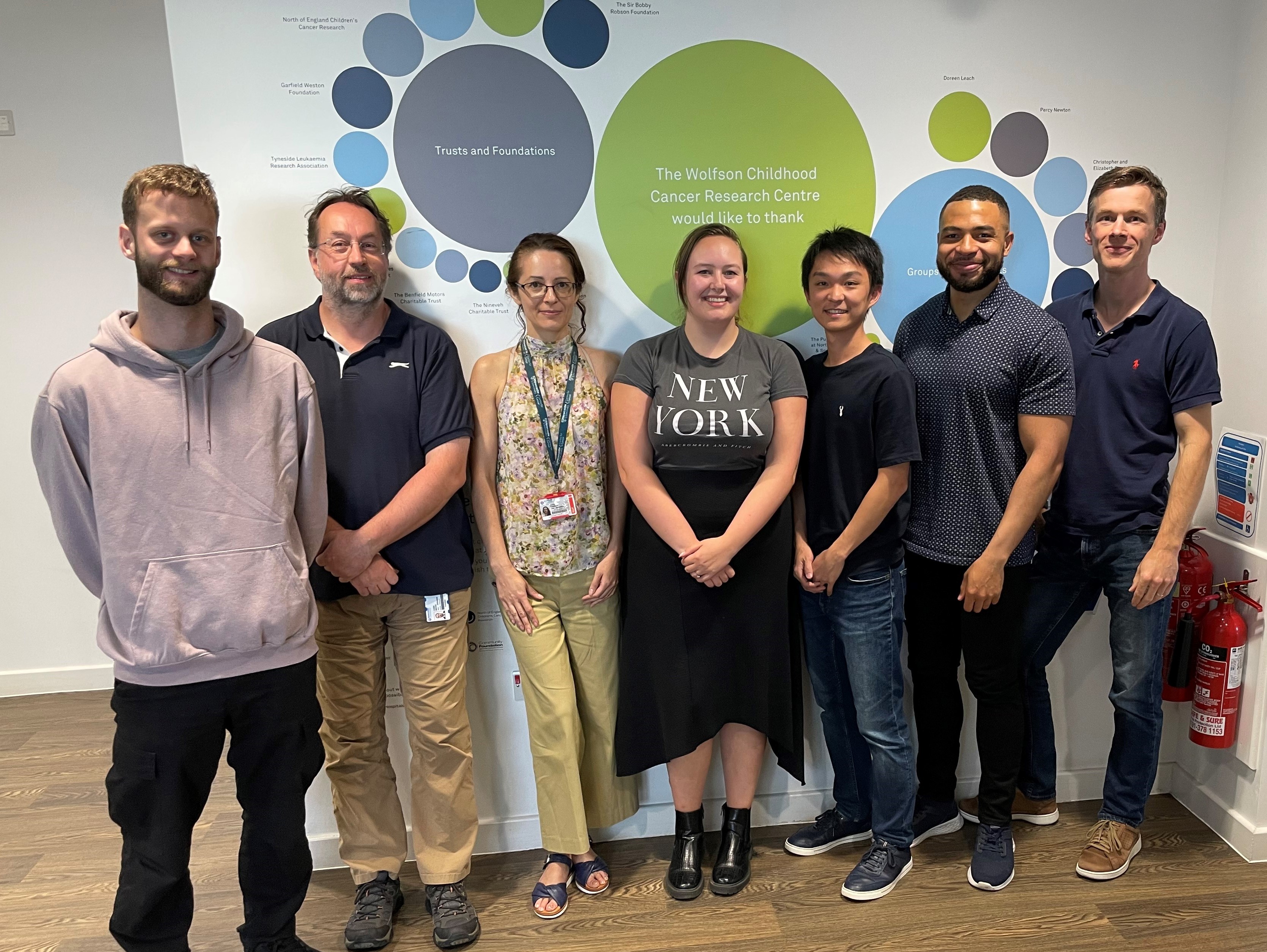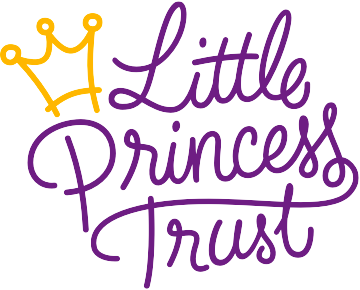Little Princess Trust News
New research funded to improve care for young cancer patients

Aim is to find better treatments for those with sarcoma and lymphoma
The Little Princess Trust (LPT) is excited to announce two new research projects which will help develop better treatments for young cancer patients.
There is a desperate need for better and safer treatments for children and young people with cancer.
Currently, survivors can have long-term health problems because of their treatment. In addition, patients whose cancer returns may have no successful treatment options.
However, researchers can only develop better treatments if there is enough understanding of how these cancers work.
Institute of Cancer Research expert Dr Paul Huang wants to understand more about sarcoma cancer in his project, titled Discovering what makes teenagers and young adults with soft tissue sarcomas different.
Although sarcoma is one of the more common types of cancer for teenagers and young adults, doctors don’t know much about what makes them different to older sarcoma patients.
Young people are normally given treatments that were developed for other age groups, and their survival rates are still worse than they should be.
Paul said: “Teenage and young adult patients are considered the ‘lost tribe’ and they often fall between the cracks of cancer treatments developed for paediatric and adult patients.
"Because we know so little about the tumour biology of these patients, there has been very little progress over the past decades.
“Our project seeks to fill this gap in knowledge to develop better and more effective treatments.”

In this project, Paul’s team will look at which proteins are present in sarcoma cancer cells, and whether the amounts or types of proteins are different between young people and older adults.
Paul said: “This will help us to identify treatments which are specifically tailored for young cancer patients.
"Our study will involve studying the molecular makeup of these tumours in great detail and using our findings to identify candidate drugs to test in laboratory models of cancer.
“It will also allow doctors to identify patients with the highest risk of tumour relapse so that the treatments they receive can be tailored to maximise their chances of survival, reduce side effects and minimise hospital stays and visits.
“We are happy that we can finally undertake this research with the ultimate long-term goal of improving the lives of young cancer patients.”
Dr Simon Bomken, at Newcastle University, is also trying to find better treatments for young people with cancer.
His project, titled Identifying new treatment options for Burkitt lymphoma that doesn't respond to treatment, focuses on a rare type of childhood blood cancer.
Under 70 children are diagnosed with Burkitt lymphoma per year in the UK and, while often treatable, it can stop responding to chemotherapy. This leaves patients with a very low chance of being cured.
Simon said: “My laboratory is interested in understanding the genetic changes which can cause this type of lymphoma to develop resistance to standard chemotherapy.

“Our project will use gene editing technologies to unpick the function of every gene in lymphoma cells. This will help us to compare how a gene functions in chemotherapy resistant lymphoma at relapse as compared with newly diagnosed, chemotherapy sensitive, lymphoma.
"Critically important genes can then be targeted with new treatments to reverse therapy resistance.”
Simon’s team will use new ways to grow lymphoma cells in the lab and then look at which genes are crucial to the cancer cells’ survival. This will identify genes which would be good targets for new treatments.
The researchers will then test medicines that work against these crucial genes, alongside normal chemotherapy, to find out which should be researched further.
Simon said: “The most exciting part of this project is that we are bringing together a number of complex experimental approaches to address an area of real importance within children’s blood cancer research.
Our work will provide a critical layer of ‘functional’ evidence to go alongside clinical trial data and genetic sequencing studies.
By combining all these strands, we can give ourselves the best chance of identifying drugs which work - not only in the laboratory but that are also effective for children in the clinic.”
It is often more difficult for researchers to get funding for rarer cancers.
Talking about the new projects, Wendy Tarplee-Morris, Director of Services and Impact at the LPT, said: “We are delighted to fund Simon and Paul’s projects, which both show great promise for young people with cancer.
“It is often more difficult for researchers to get funding for rarer cancers, or particularly into the teenage and young adult age group.
"We are proud to play a part in this vital research which will make a difference for these young patients, and will continue to fund research that will help all young people with cancer.”



